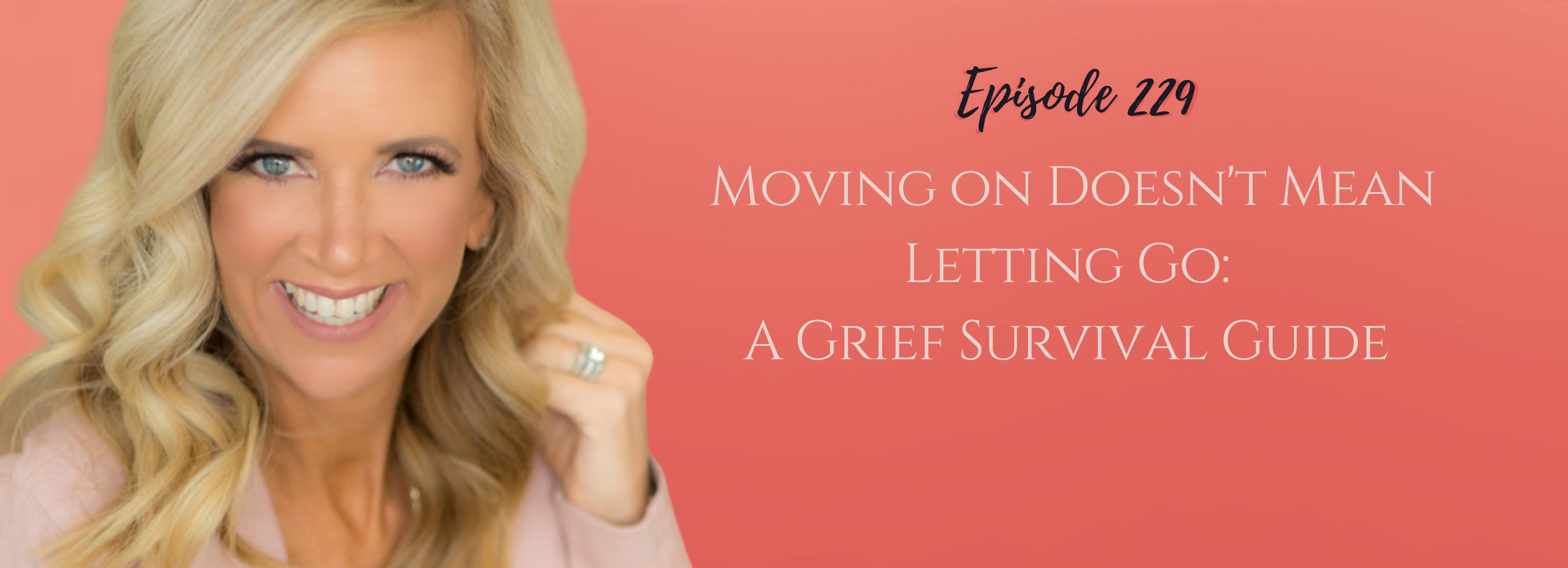
Moving on Doesn't Mean Letting Go: A Grief Survival Guide with Gina Moffa, LCSW | 9.6.2023
In this episode, Kristen sits down with Gina Moffa, a licensed psychotherapist, and author, bringing almost two decades of experience in trauma and grief therapy. Their heartfelt conversation delves deeper into the multifaceted aspects of grief, discussing topics such as coping with loss, the importance of self-compassion, the power of cherished memories, and finding joy and laughter amidst the grieving journey.
You'll Learn
- The multi-dimensional nature of grief and how it can manifest in various aspects of our lives.
- Coping strategies to navigate grief and begin the healing process.
- The crucial role that social support and community can play in helping us cope with grief.
- Insight into how finding moments of hope and building resilience can be key factors in the journey toward healing after experiencing loss.
Resources
The Healing Power of Inner Child Work
For counseling services near Indianapolis, IN, visit www.pathwaystohealingcounseling.com.
Subscribe and Get a free 5-day journal at www.kristendboice.com/freeresources to begin closing the chapter on what doesn’t serve you and open the door to the real you.
Subscribe to the Close the Chapter YouTube Channel
This information is being provided to you for educational and informational purposes only. It is being provided to you to educate you about ideas on stress management and as a self-help tool for your own use. It is not psychotherapy/counseling in any form.